Apple has confirmed that Californians can soon carry their driver's licenses and state IDs digitally on their iPhone and Apple Watch.
The new feature, set to be rolled out as part of California's mobile driver's license (mDL) pilot program, marks a significant step in the state's efforts to embrace digital identification. The move was rumored earlier in August, but the company officially confirmed it on Thursday.
Apple Wallet's integration with state IDs lets Californians present their iPhones or Apple Watches at Transportation Security Administration (TSA) checkpoints and select businesses. The IDs can also verify age or identity in certain apps, making physical IDs obsolete.
California is not the first state to adopt this technology. Five other states — Arizona, Maryland, Colorado, Georgia, and Ohio — have already integrated driver's licenses and state IDs into Apple Wallet. The expansion of the technology across multiple states reflects a growing trend toward digital identification solutions that offer greater convenience without compromising security.
For those interested in learning more about the new feature or participating in the California DMV's mDL pilot program, additional information is available on the DMV's official website.
Apple Wallet is secure
Apple has incorporated several layers of security to protect users' personal information. When users add their ID to Apple Wallet, the state-issuing authority only receives the information required to approve or deny the request.
Once added, the ID information is encrypted and stored locally on the user's device, ensuring that it can't be accessed by Apple or any third party without the user's explicit consent.
Only the necessary information is shared when presenting an ID through Apple Wallet. Users authorize each transaction using Face ID or Touch ID for added security. Users don't need to unlock, show, or hand over their devices, protecting their privacy.
As more states follow suit, digital identification may soon become the new standard, although it will take a long time for physical IDs to become a thing of the past.
 Andrew Orr
Andrew Orr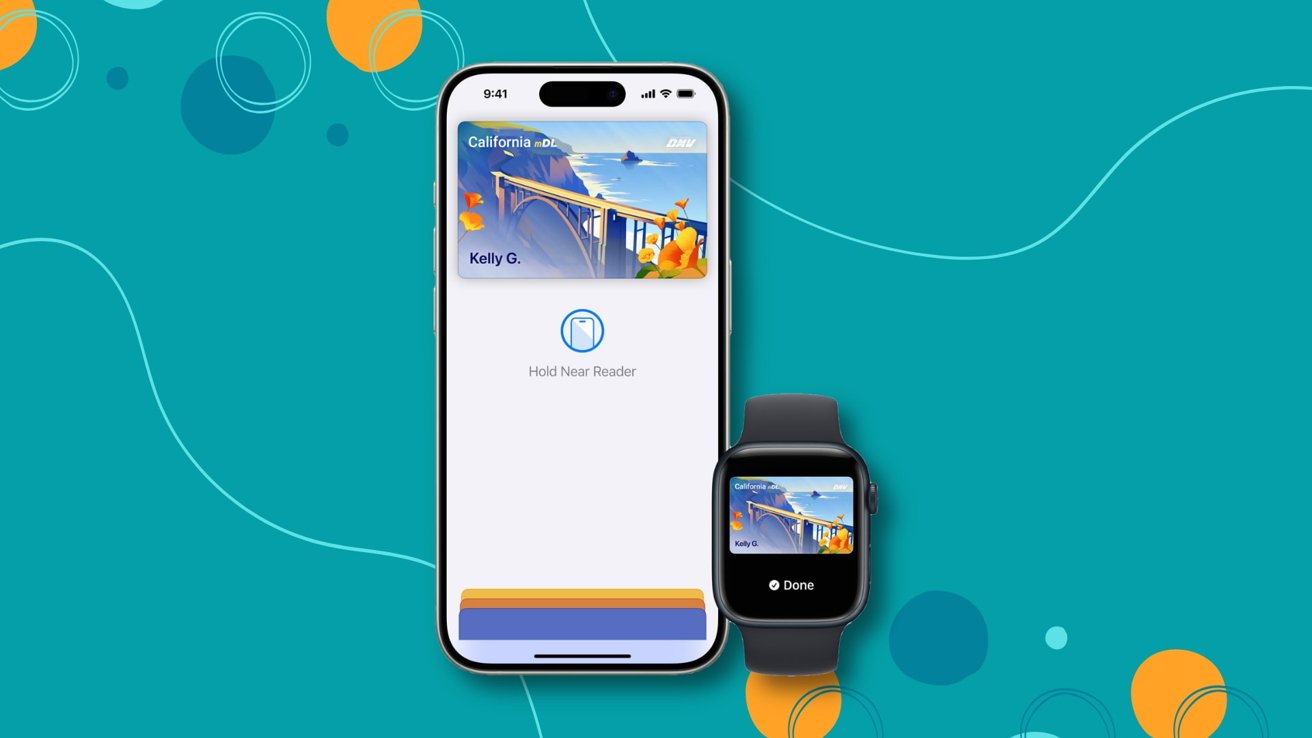
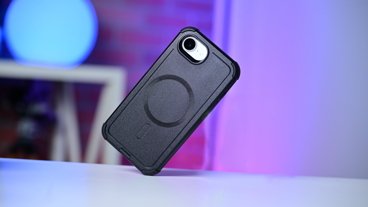
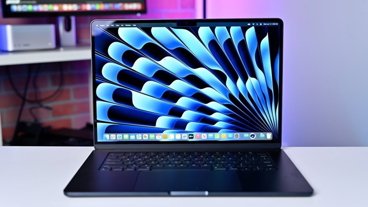

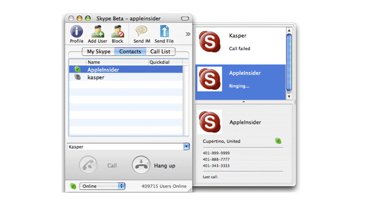
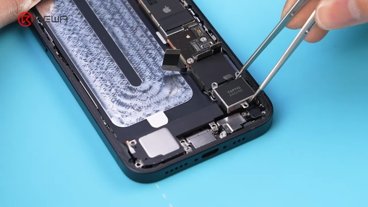
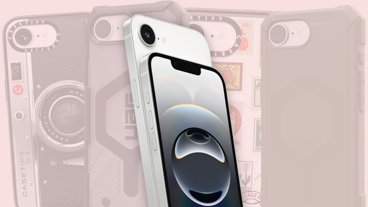

-m.jpg)





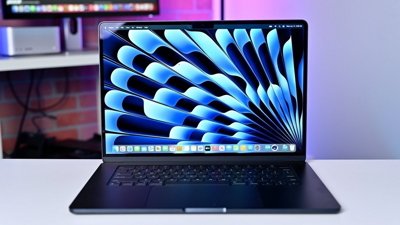
 Malcolm Owen
Malcolm Owen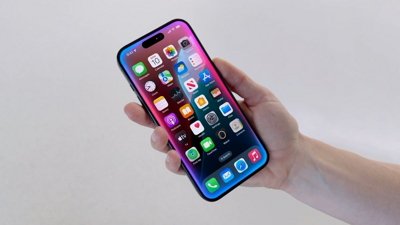
 William Gallagher
William Gallagher
 Charles Martin
Charles Martin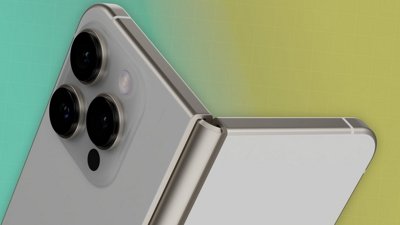
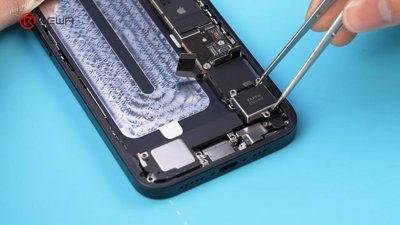
 Amber Neely
Amber Neely


 Christine McKee
Christine McKee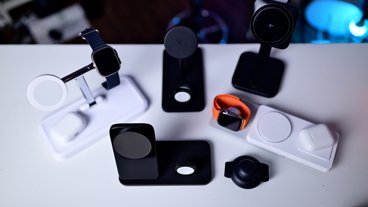
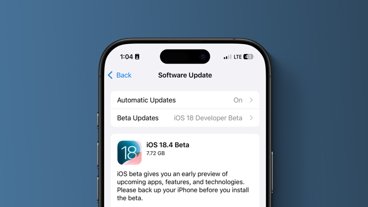

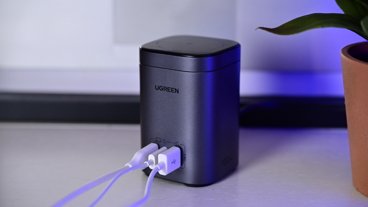


10 Comments
Nice for CA! Eventually no need to carry wallet anymore. Cmon NY!
I just signed up. As of now, your mDL (mobile drivers license) resides in the CA DMV Wallet app. It won't go into the Apple Wallet, which is probably why I can't get it onto my AppleWatch. It's still a pilot program and is not approved for if you get pulled over while driving in CA, isn't recognized yet in other states, and may not be recognized by businesses (all per the DMV FAQ). I'm thinking of it as a backup document for TSA for now.